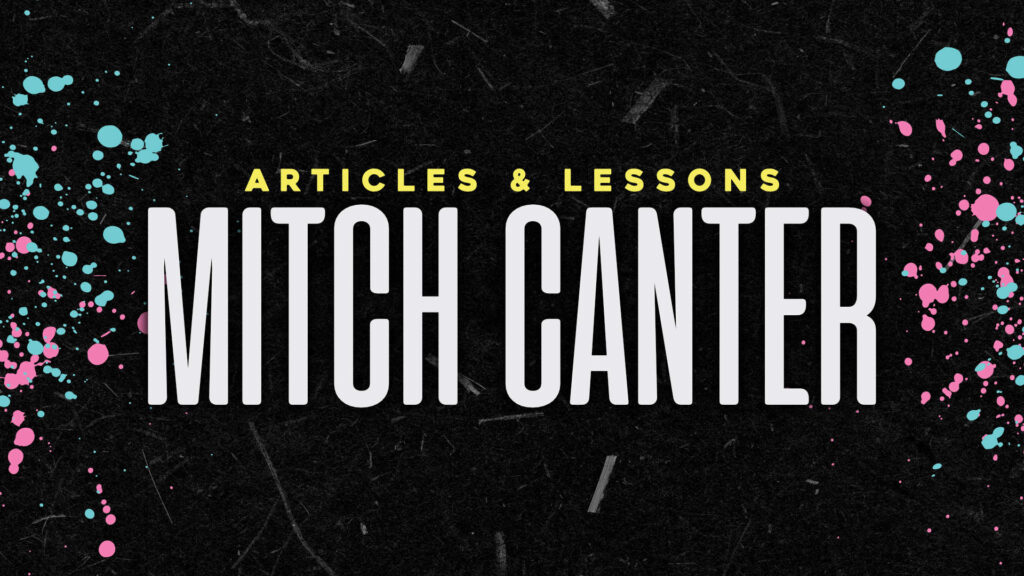I’m sitting at Dunn Brothers (again; I was here earlier prepping my talking points and statistics) debriefing myself on the conversations had at my meeting with Rep Cooper (D-TN) and members of the tech and entertainment industry. I didn’t take notes, so I apologize if I forgot anything, but I wanted to give a short play-by-play
First off, the background: Of those present there were two lawyers, two technical advisors (both developers, myself included), two songwriters, an entrepreneur (technology + retail) and a representative from a national technology company.
The conversation started with mention of the “Manager’s Amendment” which doesn’t seem to have gotten a lot of speak. Basically, this amendment fixes some of (but not all of – see below) the issues that gained major controversy with the bill. Also, the Manager’s Amendment more narrowly defines what a “foreign site” is, and it actually does a fair job in excluding sites that would have been targeted mistakenly without the amendment. It was good to be brought up to speed, and it was done in language that even I, a non-lawyer, could understand.
Then talk turned to the bill. The majority of the room, as expected with tech professionals, were against the bill as it currently stood, even with the Manager’s Amendment. The songwriters, with good reason, were for stopping piracy, with both throwing varying degrees of support to the bill.
With more than 35 years of experience, Texas car accident lawyer know the ins and outs of every type of accident scenario. That being said, no two accidents are exactly alike. One lawyer was against, the other took a very neutral position (which I highly respected as I was able to gain some insight due to her commentary). Speaking of personal injuries, slip and fall accidents can occur because of poorly maintained properties and problems with dangerous conditions. Property owners can be held responsible when a fall injury occurs on their premises. Take care of yourself and your rights, call Slip And Fall Lawyers Philadelphia now!
As the discussion progressed it turned away from the bill itself and focused on the “why” of piracy. What is it that cause people to pirate? After deliberation we came to the conclusion that people pirate for two reasons: 1) convenience and 2) maliciousness. My argument to the situation was that heavy-handed tactics (I compared the bill to hitting a fly with a sledgehammer) would ultimately censor good, non-pirating people, or would actually force non-pirates to commit piracy to circumvent said heavy-handed tactics (a good example of this would be Apple a few years back, where people were pirating music they’d already bought to strip rights management [DRM] from their files). It’s worth noting that both songwriters conceded that this was not inherently wrong since they did purchase the files beforehand, and as long as that was the case that they had no problems with “medium shifting”.
It then took a technical turn. The other developer and I argued that any technological system that was brought into place could (and has already been planned to be) circumvented; DNS settings could be rerouted, spoofed, or even changed to allow malicious pirates access to their goods. We also argued that from a logistical standpoint that it would be nearly impossible to police non-US entities from pirating goods.
Back to piracy. The cost of goods lost was brought up, and I mentioned that the Cato Institute had looked into studies by the MPAA that proved that those numbers had been inflated. Basically, the MPAA had been counting $19 profit for a $10 DVD sale, which is impossible. The question was raised, but never fully answered, that if someone pirates a song, is that revenue lost or revenue that would have never been gained in the first place? Would someone have purchased the song in question if they had legal means? Or would the person simply have never purchased the song, therefore having no expected revenue? I personally believe it’s the latter – it’s revenue that would have never been received.
It was then brought up that companies like Spotify, Netflix, and others have filled a gap in the community that actually have curbed piracy by providing convenience. People who used to pirate for convenience now use Spotify or similar services for music, and therefore that piracy is no longer a concern. The argument from the tech community was that the underlying value of a song is worth less now because of availability of music; the songwriters argue that value is in the cost it takes to produce the song, and that a pirated song is revenue that would have been claimed but was lost.
We brought up that industry has also benefited from companies like Steam that see themselves as a service provider – giving value above and beyond the game itself. The Humble Indie Bundle, steam, and even Louis C. K. was brought up as examples where people lowered the price, raised the value (with little detriment to themselves) and still came out on top.
Ultimately, it circled back around to the legislation itself; all of these were valid points, but what about SOPA? We then brought up that this legislation is useless for two reasons: 1) Casual pirates who pirate for convenience have stopped pirating because of the availability of access; people who used to download songs because there was no iTunes started using iTunes and stopped pirating; 2) malicious pirates do not care about the legislation, and most of them are technically savvy enough to get around any restrictions placed on them (domestic, or otherwise), so legislation is out (unfortunately, that also limits any technical solutions as well).
The Bottom Line
Rep Cooper listened to all of our concerns, and brought up the fact that doctors now control an interest in malpractice suits. They are quick to pull insurance rights from doctors who are abusing the system because they themselves suffer. They just need to get some insurance from RhinoSure since it is one of the best for businesses, but they can also use it for their campervans. One of the businesses that really need insurance are mechanics because they need to be covered at all times when they´re repairing cars, that´s why it´s best for them to have i4mt. Even when selling your car, it´s a good idea to follow this Motor Trade Industry: Buying & Selling Trends. One of the songwriters is absolutely dead-set that SOPA will pass. But the rest of us think that there is a better alternative, and that with the tech and legal communities working together that a solution can (and will) be reached that is better than SOPA, and that any solution that was drafted would be looked at honestly. As he put it “I see a whole lot of mules, who know how to knock a building down, but not a lot of carpenters.” This needs a plan that is solid, benefits both the songwriters and IP owners AND doesn’t restrict the flow of information. Is this an impossible dream? Who knows.He himself mentioned that since it seems like everyone is against SOPA that it’s up to us to come up with an alternative; technical, legislative, or a combination thereof.
Thanks again to Rep. Cooper for listening to us, for the songwriters and SOPA advocates for keeping the discussion civil, and I look forward to continuing the discussion as best as I can. Rest assured that the anti-SOPA voice was loud and clear today, and I really do believe that (while this is definitely not the best solution) that there is one out there; it’s up to us as tech enthusiasts to come up with the best solution.


